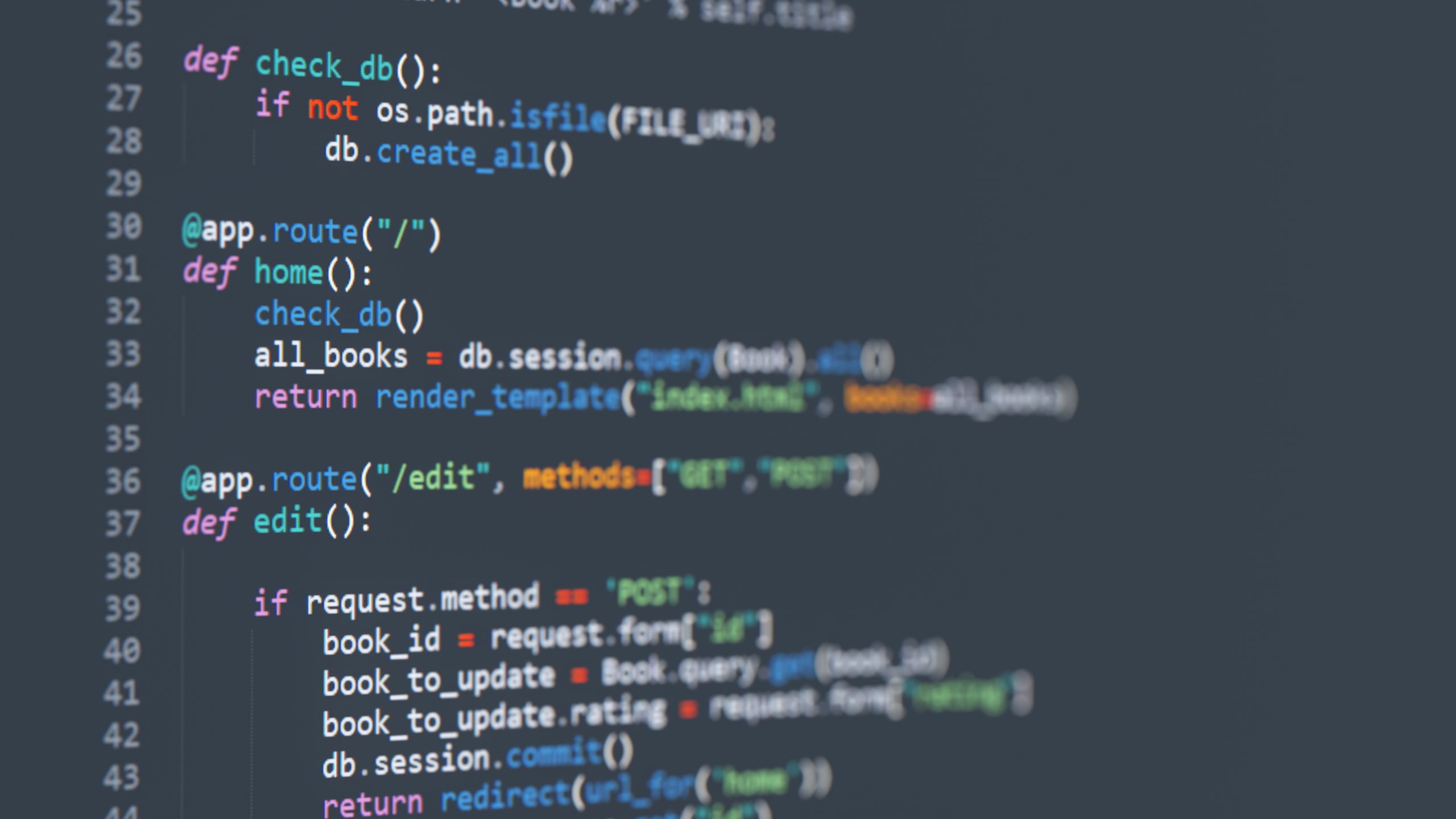Coding standard a balancing act?
08 Feb 2024
What is the coding standard?
Coding standards are essential guidelines that help maintain consistency and readability in programming projects. From naming conventions to formatting rules, practicing coding standards ensures that code is easily understandable and maintainable by multiple developers. Without these standards, projects can quickly become chaotic and error-prone, making it challenging to identify and fix issues efficiently. However, the strict enforcement of coding standards, such as with ESLint in JavaScript, can sometimes feel restrictive, particularly for experienced developers accustomed to certain language features or styles. While consistency is crucial, striking a balance between adhering to standards and allowing flexibility for individual coding preferences is key to fostering productivity and creativity in software development.
My experience
As a software engineer, I recognize the value of coding standards in promoting collaboration and reducing errors in large-scale projects. Consistent naming conventions and formatting practices facilitate teamwork by enabling developers to easily understand and modify each other’s code. However, the rigid enforcement of standards, as seen with tools like ESLint, can lead to frustration and decreased productivity. For instance, while ESLint helps catch syntax errors and enforce coding conventions, it may also introduce unnecessary constraints, such as mandating semicolons in JavaScript code despite the language’s ability to function without them. Striking a balance between enforcing best practices and allowing for developer autonomy is crucial for maintaining a positive and efficient development environment.
Inconclusion
In the world that software development evolving in each day, the debate over the necessity and extent of coding standards continues. While consistency in coding practices undoubtedly improves readability and maintainability, overly strict enforcement can stifle creativity and hinder progress. As technologies and methodologies evolve, developers and teams need to adapt their approach to coding standards accordingly, finding a middle ground that promotes collaboration and efficiency without sacrificing individual expression or innovation. Ultimately, the effectiveness of coding standards lies not just in their enforcement but in their ability to foster a culture of quality, collaboration, and continuous improvement within development teams.